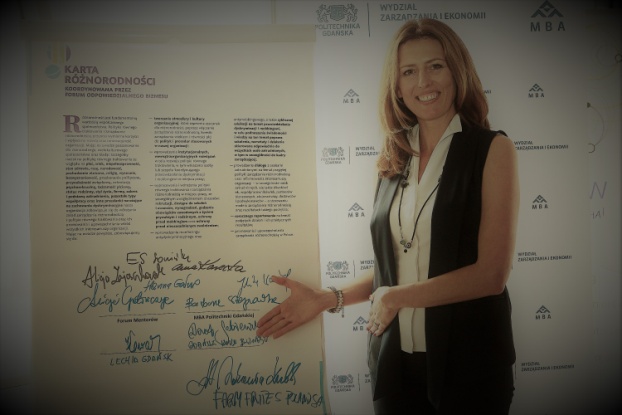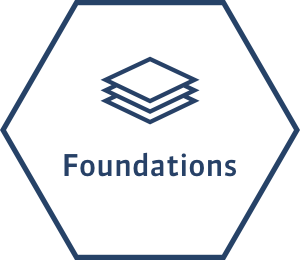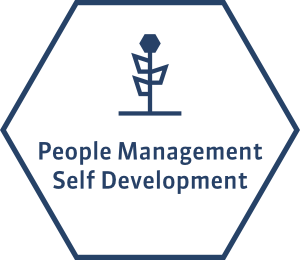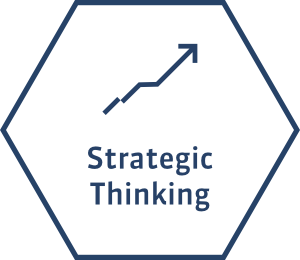Diversity as a fundament of MBA studies
Diversity Charter
On 30 June the first meeting of the Diversity Charter in the Tri-City was held, concerning age management and mentoring options for managing diversity in the workplace. During the meeting the declaration on counteracting discrimination in the workplace and being open to the diverse needs of all employees was signed by five new signatories, including the MBA studies conducted at the Faculty of Management and Economics of GUT.
The Diversity Charter Program has been implemented in Poland since 2012 by the Responsible Business Forum. This is an international initiative supported by the European Commission and realized in seventeen countries of the European Union. In Poland, more than 190 organizations have signed the declaration.
Cultural diversity
The MBA programme fits in perfectly with the assumptions of the Diversity Charter. The MBA opens up the possibility of exchanging knowledge between students from Poland, Italy, Russia, China, Croatia, Brazil, Australia, the Czech Republic and Great Britain. Cultural and national diversity has a positive impact on the attractiveness of the classes. Lecturers, business practitioners and academic teachers come from different countries, from different organizations, and have different experiences. These are brought together with a shared interest in building the intellectual capital and the personal development of our MBA students.
Intergenerational diversity
Diversity is also the exchange of knowledge between generations. Persons who have achieved family and professional status are extremely important to the formation of an MBA audience, among whom there are also less accomplished persons. The differing ages, professional experience, culture and size of organization allow one to look at the economy and oneself from the meta level.
Gender diversity
Particular attention should be paid to the low percentage, only 20%, of female students. That is why Gdańsk University of Technology, through seminars, conferences or business meetings, is taking steps to inspire women to take up MBA studies. Although women are still a minority, in certain years the best results were achieved by women, and their career paths are impressive.
Inspiration diversity
Reinforcing the educational orientation of business people to inspire people to think, to support each other, to mentor can bring positive results. The MBA programme participates in and organizes such undertakings as Competitive Education or talent management workshops, bringing together both older and younger generations, men and women. Such an approach encourages mutual inspiration, the building of interest networks and the strengthening of values.
Diversity of programme participants
Business education must be stimulated by the radical import of knowledge from abroad. That is why MBAs are quite costly studies that can be afforded by people working in large companies that finance them. There is a lack of equality of access to expertise in this area for those who do not work for corporations or who want to invest in themselves. The state does not reward the system of ambitious people investing in their education. Companies that send their staff on higher education courses lower their tax base and, in doing so, support their own development. This mechanism does not apply to individuals. You cannot spread the burden of cost over time. An MBA should not be considered as a luxury good, but rather as a necessity in building the intellectual capital of the economy in order to stimulate innovation. The state should create a friendly tax environment. The intent of the MBA programme is to cooperate with business and send a joint appeal for the removal of barriers to access for different groups of participants.









